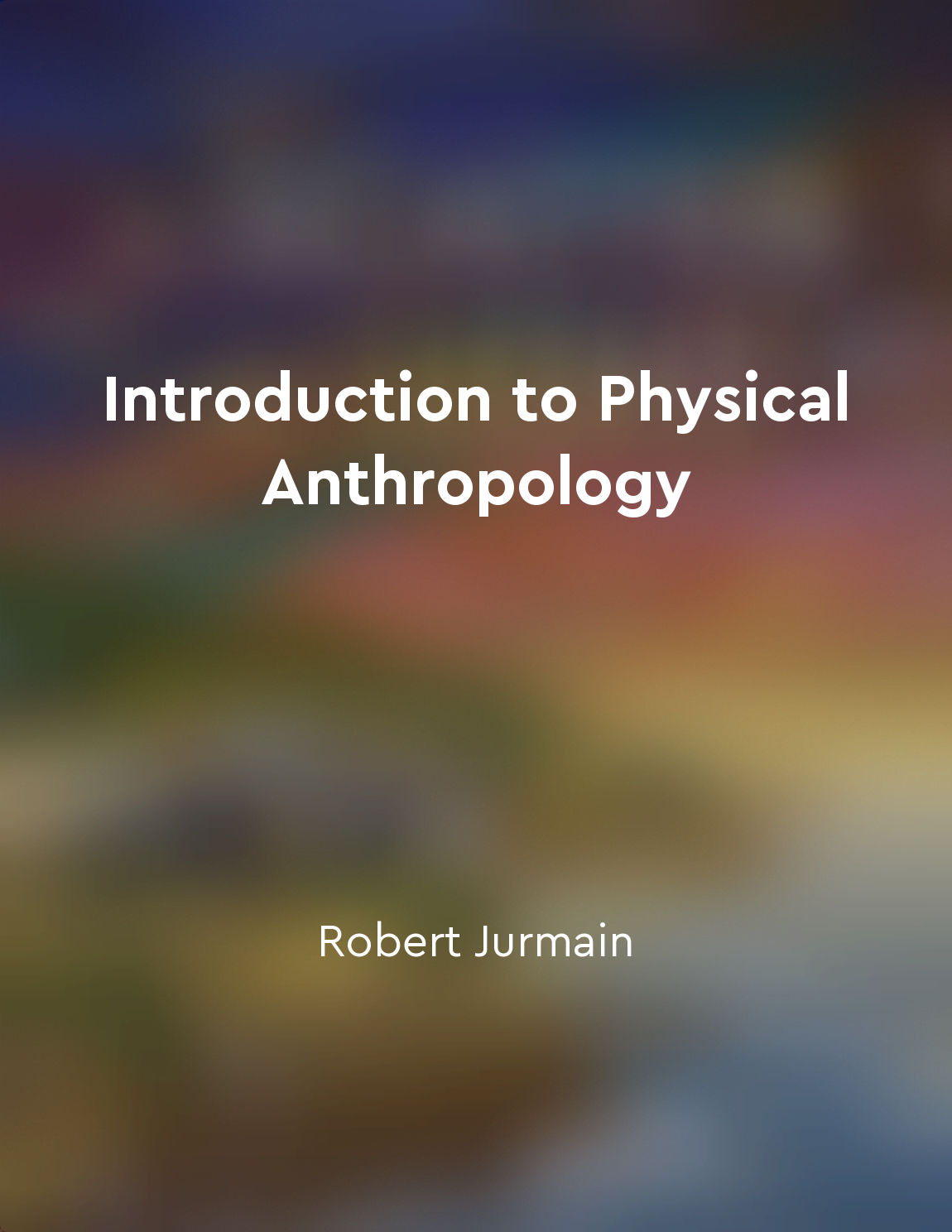Agriculture revolutionized human civilization from "summary" of The Patterning Instinct by Jeremy R. Lent
The transition from hunting and gathering to agriculture was a pivotal moment in human history. It marked a shift from a nomadic lifestyle to settled communities, allowing for the development of complex societies. With the ability to cultivate plants and domesticate animals, humans were able to produce a more reliable food source, leading to population growth and specialization of labor. This laid the foundation for the rise of civilizations. Agriculture revolutionized human civilization by providing a surplus of food that could support larger populations. This surplus allowed for the emergence of social hierarchies, as some individuals were able to accumulate wealth and power through control of resources. The development of agriculture also led to the establishment of permanent settlements, which eventually evolved into cities. These urban centers became hubs of trade, culture, and innovation. The shift to agriculture also brought about changes in human relationships with the environment. As people began to rely on domesticated plants and animals for sustenance, they exerted greater control over their surroundings. This led to the transformation of landscapes through deforestation, irrigation, and other forms of land management. Agriculture not only shaped human societies but also had a profound impact on the natural world. Furthermore, the adoption of agriculture led to advancements in technology and knowledge. As people experimented with different crops and farming methods, they gained a deeper understanding of the natural world. This knowledge laid the groundwork for further innovations in areas such as irrigation, crop rotation, and animal husbandry. Agriculture thus became a driving force behind human progress and development.- The transition to agriculture was a transformative moment in human history. It revolutionized civilization by enabling the growth of populations, the formation of complex societies, and the advancement of technology. Agriculture shaped human relationships with the environment and laid the foundation for the rise of civilizations. This pivotal shift continues to influence our world today, highlighting the enduring impact of agriculture on human civilization.
Similar Posts

The concept of race is a social construct with no biological basis
Race is a concept that has been deeply ingrained in society for centuries. It is often used to categorize and differentiate peo...
The arts flourished in civilizations, producing great works of literature, music, and art
During the course of history, civilizations have experienced periods of great artistic flourishing, resulting in remarkable ach...
Huntergatherers worked differently than today
In the distant past, before the rise of agriculture and industry, human societies were organized very differently. Hunter-gathe...
Natural selection plays a crucial role in human evolution
In the process of evolution, natural selection stands out as a fundamental mechanism that shapes the traits and characteristics...
Environmental sustainability is a pressing issue for modern society
Environmental sustainability is a pressing issue for modern society. The world we live in today faces numerous challenges when ...

Economic systems shape societal structures
In the grand scheme of human history, economic systems have played a pivotal role in shaping the very fabric of society. From t...
Energy consumption is closely linked to societal development
The history of humanity is a story of energy consumption. From foragers relying on the energy stored in plants and animals to f...

